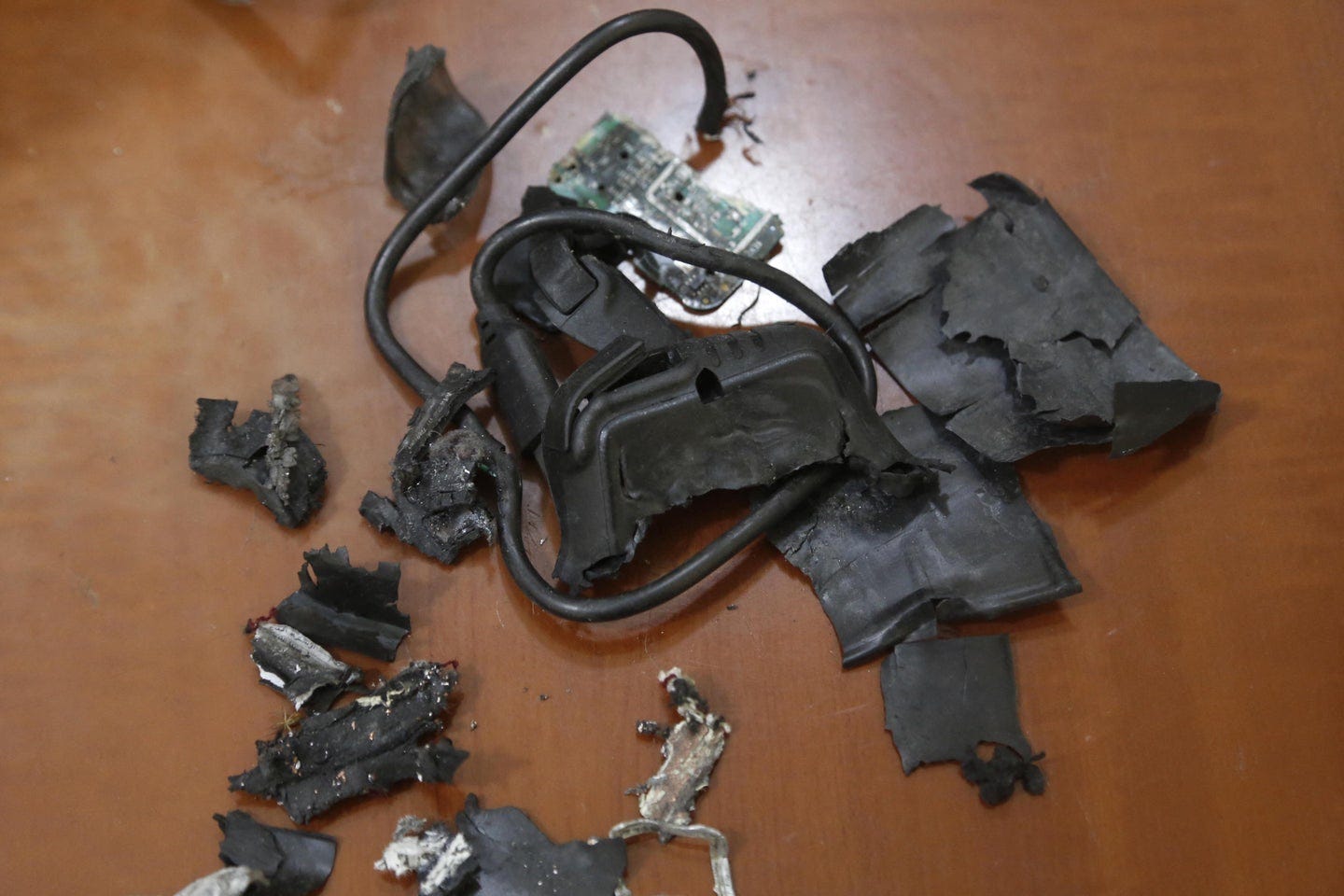How Israel hacked Hezbollah’s pagers
This is the question we’ve all wanted answered — just how did Mossad, Israel’s spy agency, pull off its incredible penetration of Hezbollah’s communications network and cause their pagers, then walkie-talkies, to explode?
According to reporters Sheera Frenkel and Ronen Be…



